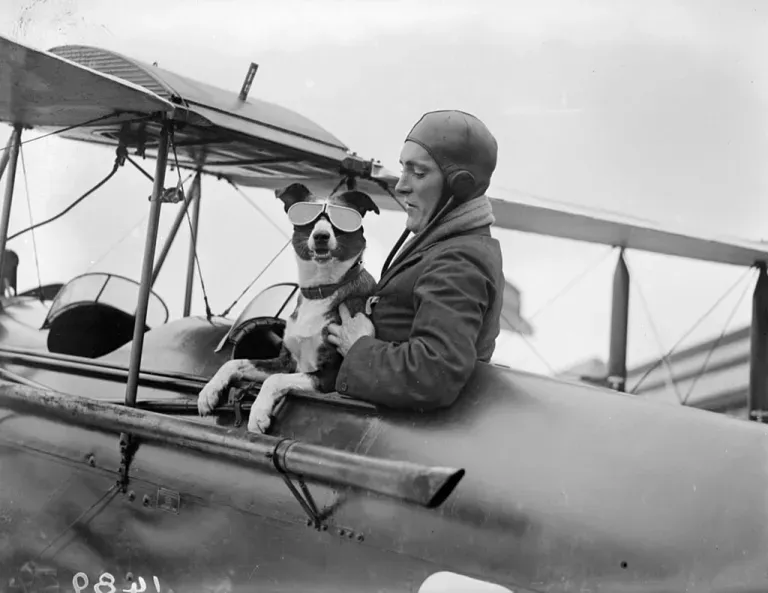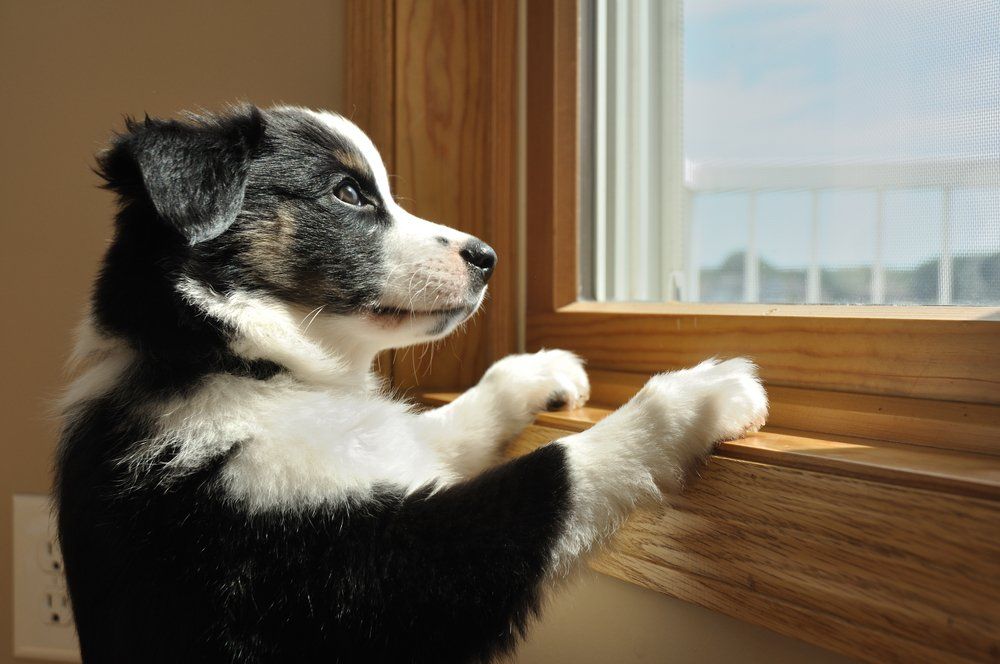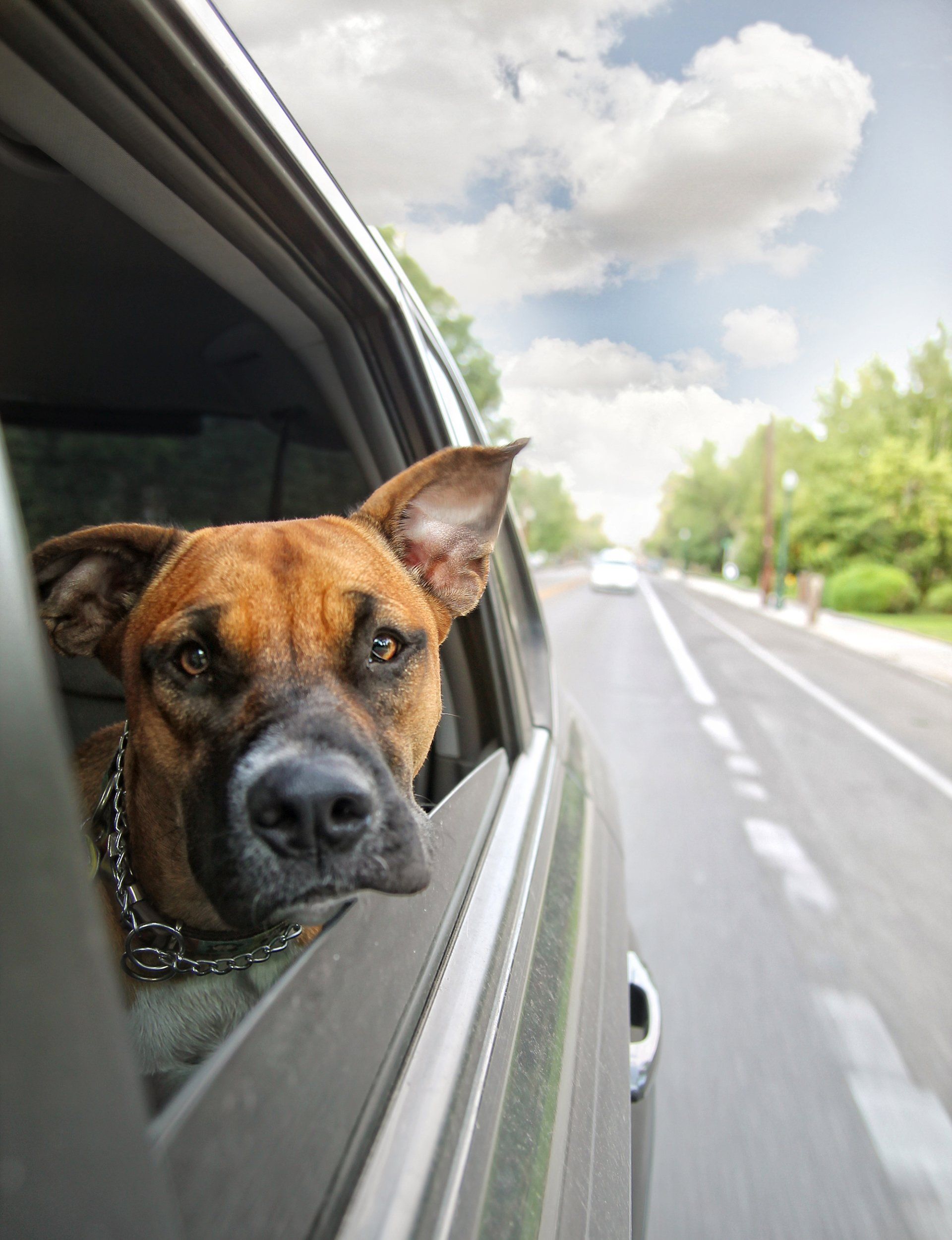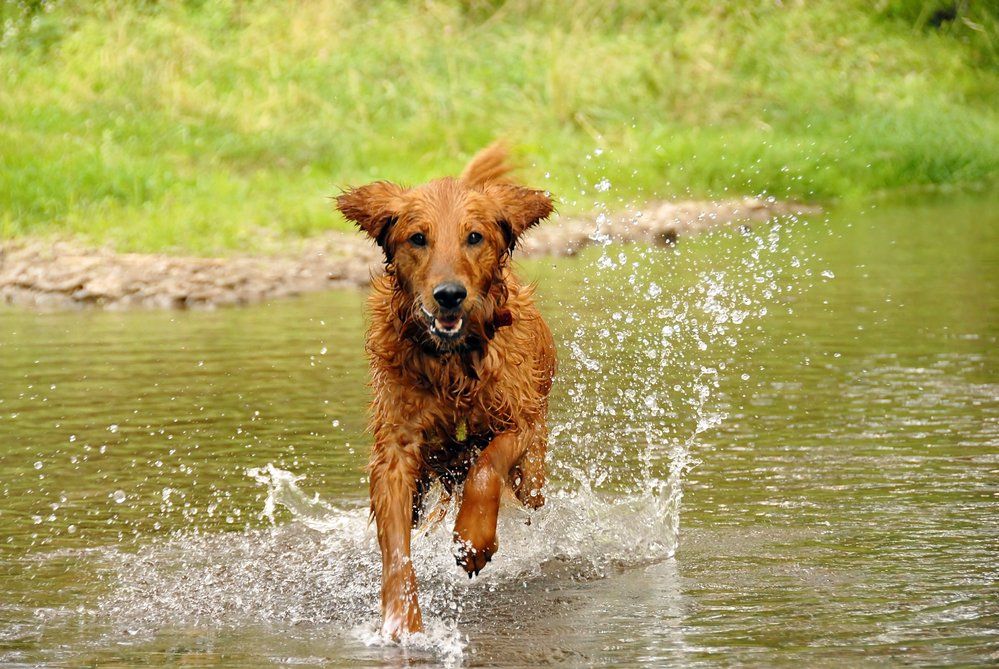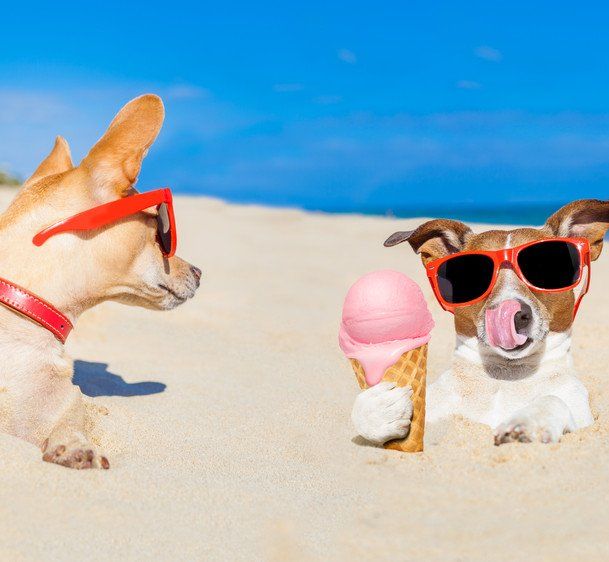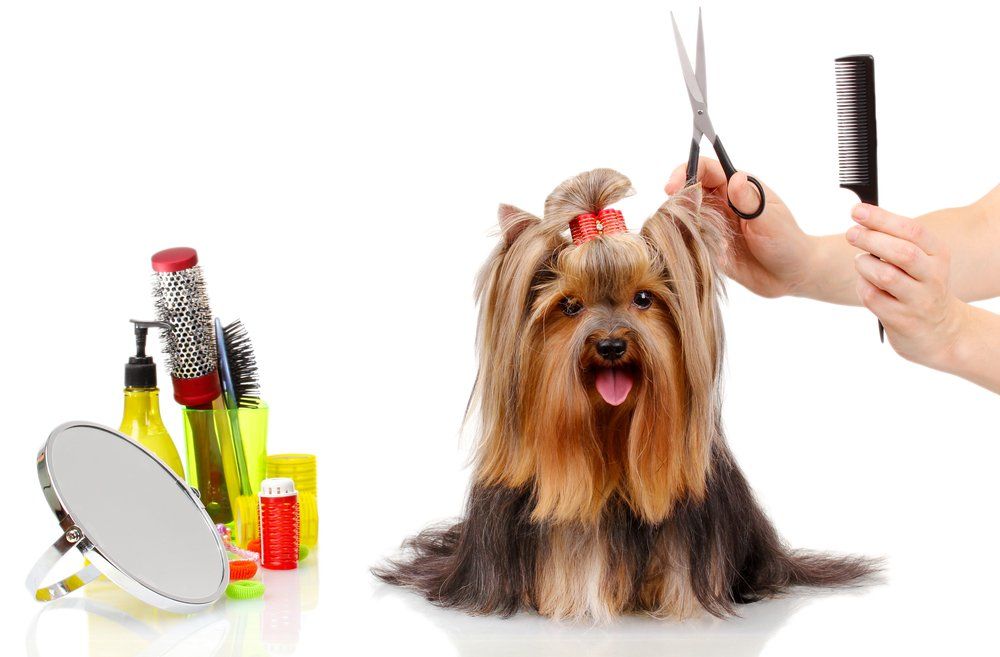By Naples Top Dogs
•
December 5, 2019
Confident Car Rides and Safe Travel with Your Puppy Car rides for most puppies can be enjoyable but sometimes it can be a scary thing for other puppies. Some puppies can get nauseous on rides. So how do we make it a positive experience for all pups? This can make it difficult to even go to the vet, run errands, the groomer, and never mind long journeys. Learn more about how to create a positive experience for your puppy and an excellent travel companion. Why Are Some Puppies Afraid In the Car? While puppies may enjoy car rides, I am here to help you to understand why some puppies can become afraid of them. Let’s look at Classical Conditioning in real life. Your puppy comes home for the first time, their long journey from the breeder whether you picked him up, he was driven by private transport, the breeder brought him to you or he was flown by cargo to you. Now he is in a completely new environment, taken away from his littermates and his mother. The most likely second car ride will be to the veterinarian for his first exam. For some puppies, this may not be a big deal, but not all puppies are alike. He is in an unfamiliar place, handled by unfamiliar people and possibly other dogs at the vets office that possibly made him afraid. So the next time you go to go for a car ride, he now associates it with something fearful. We, inadvertently created this fear response, so how do we fix? Now we learn that our new puppy has associated the car with fear. Let’s take some yummy treats and just sit in the car for a minute. We can Counter Condition and make the car now enjoyable. There is a great seatbelt made by Kurgo . Kurgo also has a program named SAFE AGAIN that will assist in Seat Belts prevent your puppy from jumping around in the car which could cause an accident or if a car were to hit you while at a redlight, your puppy will most likely be injured. You ride with a seatbelt, children ride with a seatbelt, and so should your pup! A carrier is also another safe way to transport your puppy safely. A Kong toy can also be put in the carrier to create a positive association with the car and occupy your puppy while driving. A great carrier can be found at Diggs and use NAPLES25 for a discount! ONLY 16% of Dog Owners Restrain their Dogs During Travel, Even Though 86% Admit It is Dangerous!!! EASE HIS FEARS Once your puppy is distracted in the back seat, such as by eating, climb into the front seat and sit there for a while. Then get out, so that the puppy understands nothing bad happens when you’re with them in the car. Do this for a day. The next day is when you can start the car with your puppy in the back seat. Turn the engine off without going anywhere. Do it a few times during the day until your puppy enjoys the back seat. This conditioning can take time, be patient. TAKE SOME SHORT TRIPS You’re now ready to start backing the car to the end of the driveway. Just go that far, and stop. Do it a couple of times in a row, letting your puppy out once you get back. If they start whining or showing other signs of stress, you may be taking things too quickly. It can take a while to complete this step, but it’s always effective. Slowly but surely increase how long you spend in the car. Take a trip around the block, and then a trip to the park before going back home. Find somewhere your puppy will recognize and enjoy. The trip should be something positive so that they enjoy the experience and look forward to having it again. The biggest advice I give to my new puppy owners is take the puppy to the vet for no reason, get some love, yummy treats and go home. Here is an article on “How to Make Your Dog Love the car! FUN FEAR FREE RIDES Another way to make car trips easier is to do some crate training with it. Keep the puppy confined while the car is mobile. Loose animals can be a danger to themselves and the driver. Use a car barrier, a kennel, or a seat belt. Also, consider using a car accessory for dogs such as The Backseat Bridge. HANDLING PROBLEMS AND POSITIVE FUN Make sure to keep your pup on the back seat to avoid them getting hurt by airbags. There are lots of accidents caused by puppies and dogs getting underfoot and preventing drivers from using the brakes. By taking trips that your puppy will actually enjoy, you’ll slowly but surely alleviate their fears over car travel. With some persistence, you’ll have a puppy, adolescent dogs and adult dog who eagerly anticipates their next car ride. If you need help training your puppy for car ride click here to get in touch with our dog trainers!
